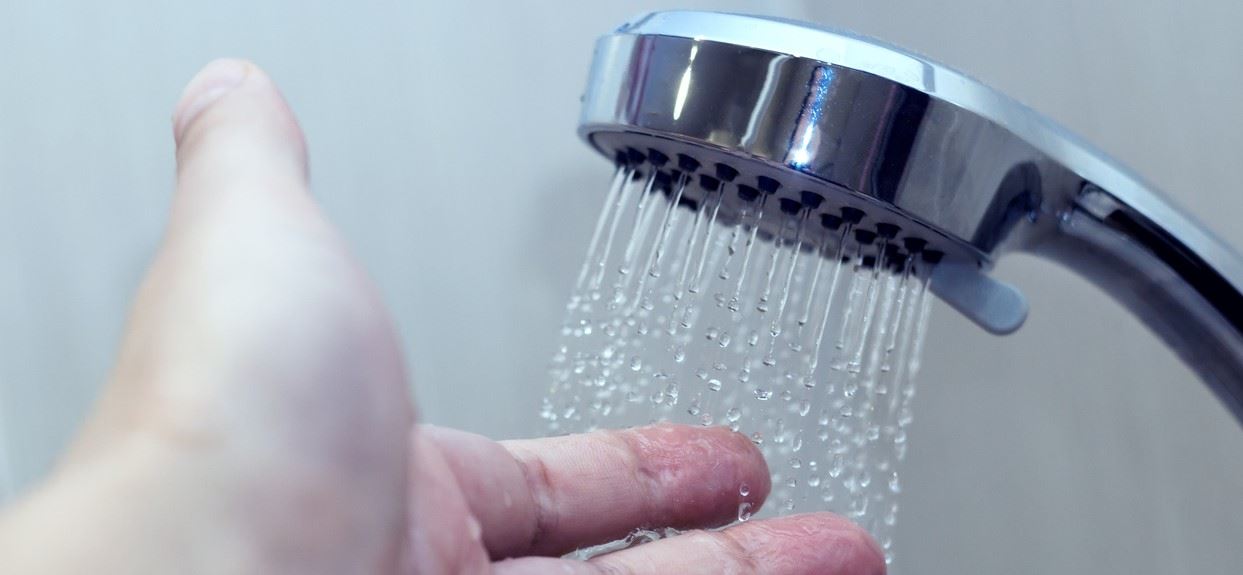
Many homes have hard water, which means the water contains high levels of minerals, mainly calcium and magnesium. Hard water is not dangerous to your health, but it can cause problems in your plumbing system, damage your appliances, and even affect your skin and hair.
If your home gets water from a well or even a city supply, there’s a chance you may have hard water. A professional Plumber Aylesbury can help test your water and recommend the right solution. The best way to deal with this issue is to install a water softener in your home.
What Is Hard Water?
Hard water is simply water that has picked up minerals, especially calcium and magnesium, as it flows through soil and rocks. Rainwater starts out “soft” (just hydrogen and oxygen), but as it travels, it absorbs minerals. While these minerals are good for your health, they are not good for your plumbing.
If you get water from a well and don’t treat it, you’ll most likely have hard water. City water may also be hard, depending on how it’s processed.
Signs You Have Hard Water
You might notice hard water through everyday problems, such as:
- White or yellow buildup on showerheads or faucets
- Soap that won’t lather easily
- Dry skin or dull hair after bathing
- Spots or residue on clean dishes
- Faded or rough clothes after washing
- Stains or buildup in sinks, tubs, and toilets
If you see these signs, it’s likely you have hard water.
How Hard Water Damages Plumbing
Hard water can do more than leave ugly stains. Over time, minerals build up inside your pipes. This buildup (called limescale) can reduce water pressure and increase the risk of clogs.
It also affects your water heater. Minerals settle inside the tank, causing it to heat less efficiently. This makes the unit work harder, which can lead to corrosion and even shorten the life of the heater. Eventually, it may need to be replaced sooner than expected.
Solutions: How to Soften Your Water
Here are some common types:
- Ion Exchange Softeners: Use sodium or potassium to replace calcium and magnesium in the water. These are the most common systems and work well in most homes.
- Salt-Free Conditioners (TAC): Don’t remove minerals but change their form so they don’t stick to surfaces. They’re low-maintenance and eco-friendly.
- Polyphosphate Filters: Used for small applications like ice makers. They coat minerals to prevent buildup, but aren’t ideal for whole-house use.
- Magnetic/Electronic Conditioners: Use energy fields to change how minerals behave in water. Their effectiveness in homes is debated.

